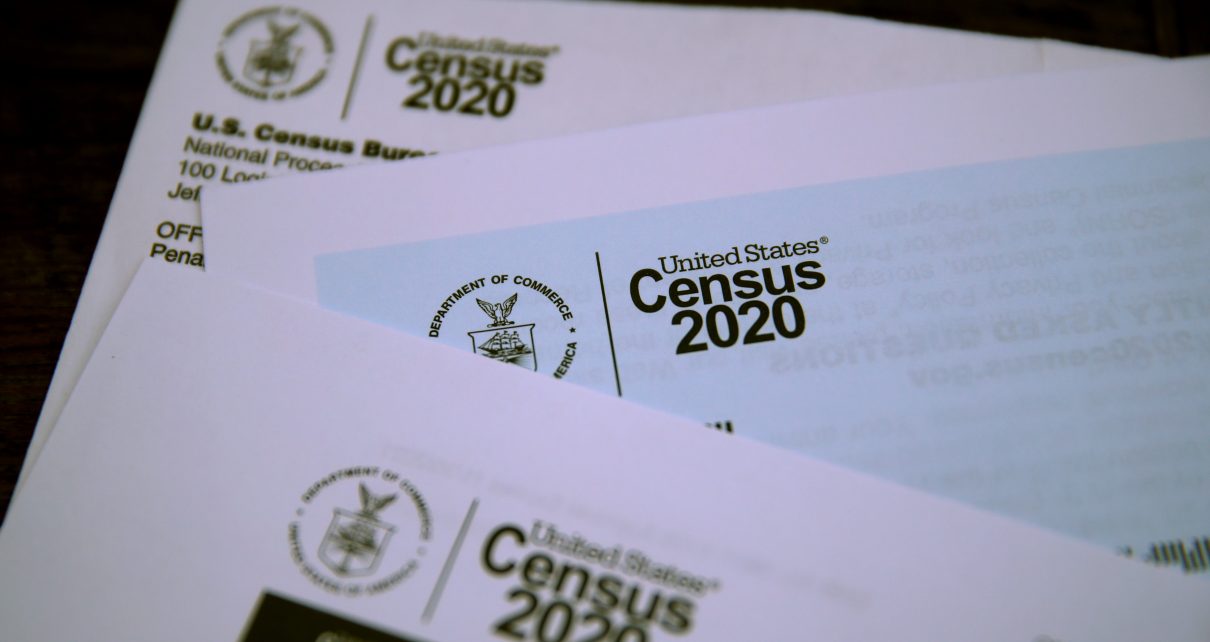Census Day, when census takers usually begin to knock on households tracking down those less likely to be counted, was April 1. This year, however, because of the pandemic, they have been unable to do that, and the Census Bureau is now asking Congress for a four-month extension for delivering the final figures. If this request is not granted, many children will be missed. As pediatric subspecialists who work and live in Chicago, a city with tremendous disparities, we care for some of these vulnerable children and recognize the importance of having them accurately counted to ensure their needs are met.
In 2015, 132 programs used data from the census to distribute over $675 million in funds. Money is meant to distributed based on the number of people and where they live. More than half a million children live in our home city of Chicago. Most of these children live on the West and Southwest sides of the city, in the places where poverty is highest, and children are likely to have the highest medical and social needs. Undercounting children will worsen disparities caused by lack of resources. But undercounting is an issue for not only cities but also rural areas, where populations may be smaller and seemingly small omissions in numbers could have a large impact.
As the nation braces for the long-term economic and health impact of the coronavirus pandemic, we must also recognize that the very necessary measures taken to stop the spread of the virus also lead to unintended consequences that put those living in poverty and children at higher risk.
Many such families have lost jobs and are worried about paying for housing and utilities. Some, who rely on school programs for food, may be unable to get food from distribution sites. Others are struggling with lost childcare. The combination of heightened anxiety related to these circumstances and being restricted at home increases risk for domestic violence and child abuse.
Given the current situation, engaging in civic activities like completing the census and voting may seem less important. But, for children, being counted in the census is an essential mechanism to directly impact community resources, ensure access and have a voice.
Among many programs for which census data help determine funds are the National School Lunch Program, Temporary Assistance for Needy Families, housing vouchers and the State Children’s Health Insurance Program. These crucial programs address the issues many families are facing in the COVID-19 crisis. The census count also determines where to build new schools, new health care clinics and new roads—all important for children and communities to thrive.
Finally, census data are used to assign seats for each state in the House of Representatives. This process of redistricting determines the number of votes states will have when the federal government is making decisions about what programs to support. Accurate accounting of who lives in a neighborhood allows for more diverse representation in Congress.
As a country, living through a pandemic crisis has highlighted the need for a strong medical and public health system. The gaps in our current system put vulnerable populations at greater risk for not just illness but death. Developing a more robust system will require funding, but also the political will to change. Census data will provide important information toward these ends by allocating dollars based on need and having people’s voices be heard through representatives in Congress.
With the proposed delay, there is hope that there will be time for field workers to resume their efforts to ensure that everyone is counted. With the uncertainty that the current pandemic brings, we do not yet know whether this delay will be enough. To be sure, while shelter-in-place orders may lift, the impact of the last several weeks will not allow many people to return to “life as usual.” In the process of adjusting to the new normal, completing the census will not likely be a priority.
But, while sheltering in place, there are things we can and should do. We can fill out the census and encourage everyone with children to do the same. We can give children a chance to be counted by supporting legislation to delay the deadline. And, we can advocate for policies that require the census to count everyone, rather than perpetuating disparities by excluding noncitizens or those not registered to vote.
The opportunity to be counted occurs only every 10 years—most of a child’s childhood. Under current circumstances, it is understandable why filling out the census may not be a priority. Yet for so many kids, who depend on the resources that the census will help distribute, it’s critical.
The coronavirus pandemic has already exposed and magnified underlying disparities in the United States that will take years of analysis, activism and community organization to address. While the uncertainty of its full impact leaves many feeling powerless, one thing we can control today is ensuring that children’s voices are not marginalized.




